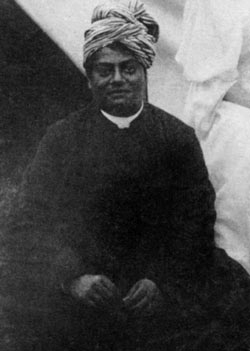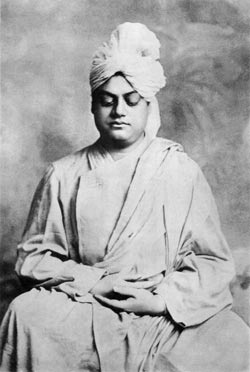Home » Biographical » Editor’s Biographical Notes
Category Archives: Editor’s Biographical Notes
Found Poetry
“Found poetry” are poems which are “extracted” from or found in prose or utterances, not written by the author as poetry, which can nevertheless be read as poetry.
My selections here, of course, are purely subjective and perhaps a little presumptuous. Yet Vivekananda spoke frequently in a style that could be described as poetry.
My intent is merely to attempt to show some of the poetical beauty in much of Vivekananda’s utterances — by writing them as poems, rather than prose.
The titles are my own, (but generally are Vivekananda’s words in a preceeding sentence or paragraph) – as well as the punctuation, stanzas etc.
However, the words are entirely Vivekananda’s –in the exact order he said them, without any editorial changes in his words whatsoever.
They are included in the editor’s notes, so that the reader may clearly understand that this form is not how Swami Vivekananda presented these particular words (which are all to be found elsewhere in their original form on this web site) and that the reader who feels that this is an unwarranted liberty with Vivekananda’s work, will at least know who to blame…
FRP
The unfortunate aspects of poor editing of Vivekananda’s poems
Like Vivekananda’s letters, many of his poems were edited.
Let us compare the version of REQUISCAT IN PACE! as published in the first edition of Notes of Some Wanderings with the Swami Vivekananda (published under the watchful eye of Swami Saradanananda) and the version published in the Complete Works….
(Words and punctuations in one version which is different from another are shown in red)
Jokes and Genial Humour
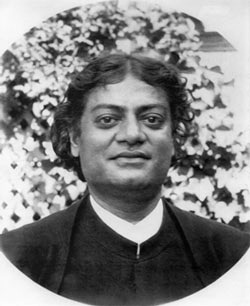 |
|
He loved to tell the story of a Christian missionary who was sent to preach to the cannibals. The new arrival proceeded to the chief of the tribe and asked him, ‘Well, how did you like my predecessor?’ The cannibal replied, smacking his lips, ‘Simply delicious!’ Another was the story of a ‘darky’ clergyman who, while explaining the creation, shouted to his congregation: ‘You see, God was a-makin’ Adam, and He was a-makin’ him out o’ mud. And when He got him made, He stuck him up agin a fence to dry. And den—’ ‘Hold on, dar, preacher!’ suddenly cried out a learned listener. ‘What’s dat about dis ‘ere fence? Who’s made dis fence?’ The preacher replied sharply: ‘Now you listen ‘ere, Sam Jones. Don’t you be askin’ sich questions. You’ll be a-smashin’ up all theology!’
|
|
I read somewhere in a funny book that an American vessel was being foundered in the sea; they were desperate and as a last solace wanted some religious service being done. There was ‘Uncle Josh’ on board who was an elder in the Presbyterian Church. They all began to entreat, ‘Do something religious, Uncle Josh! We are all going to die.’ Uncle Joseph took his hat in his hand and took up a collection on the spot! (CW, 8:342)
|
|
A certain young couple had everything favourable to make them man and wife except that the bride’s father was determined not to give his daughter to anyone who had not a million. The young people were in despair when a clever matchmaker came to the rescue. He asked the bridegroom whether he was willing to part with his nose on payment of a million — which he refused. The matchmaker then swore before the bride’s father that the bridegroom had in store goods worth several millions, and the match was completed. Don’t you take like millions. (To Miss. Mary Hale. 2nd March 1898)
|
The Swami’s Sarcasm and Caustic Humour
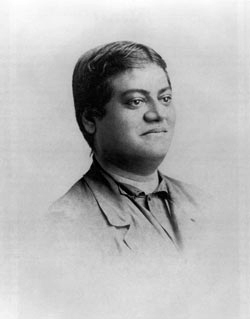 |
|
“HAVING NOTHING TO EAT YOUR HONOUR”
|
|
NATURAL IDIOCY Sarada (Swami Trigunatitananda) has his malaria brought over from Dinajpur. I made him eat a dose of opium the other day without much benefit to him except his brain which progressed for some hours towards its natural direction, namely, idiocy.
|
Swami Vivekananda and food
| In the course of his wanderings, Vivekananda had got accustomed to eat chillies, which were often the only condiment he had with his food. I have seen him eating a handful of pungent, green chillies with evident relish.
(Source: Reminiscences of Nagendra Nath Gupta) |
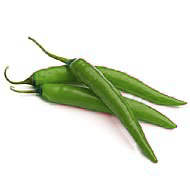 |
| He liked chillies, pepper, and such other pungent things. When I asked for the reason one day (October 1892), he said. “During his wanderings a monk has to take all kinds of food, and drink water from all sorts of places; that tells upon the health. To counteract their bad effect, many monks become addicted to hemp and other intoxicants. For the same reason I have taken to chilli.”
(Source: Reminiscences of Haripada Mitra) |
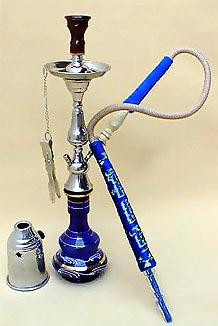 |
“The best way to enjoy tobacco is to smoke it from a hookah full of water at the bottom and having at its top a lump of flavoured tobacco prepared with spices and molasses.” Swami Vivekananda- said as a wandering monk
(Source: Reminiscences of Haripada Mitra) |
| Tabasco Sauce with his meat
‘My grandmother (Mrs John [Emily] Lyon) used to make a little ceremony of making salad dressing at the table, and one of the condiments she used was Tabasco Sauce, put up by some friends of hers, the Mrs. Ilhennys, inLouisiana . She handed him the bottle and said, “You might like a drop or two of this on your meat, Swami”. He sprinkled it on with such a lavish hand that we all gasped and said, “But you can’t do that! It’s terribly hot!” He laughed and ate it with such enjoyment that a special bottle of the sauce was always put at his place after that.’ (Source: Reminiscences of Cornelia Conger |
| Having ascertained from him that, since leaving Ernakulam he had taken almost nothing, I asked him what food he was accustomed to. He replied, “Anything you like; we Sannyasins have no tastes.”
(Source: Reminiscences of K. Sundarama Iyer |
| “As regards food, when he was asked whether he was a vegetarian or a meat-eater, he said that as a man belonging not the ordinary order of Sannyasins but to the order of the Paramahamsas, he had no option in the matter. The Paramahamsa, by the rules of that order, was bound to eat whatever was offered, and in cases where nothing could be offered he had to go without food. And a Paramahamsa was not precluded from accepting food from any human being irrespective of his religious beliefs. When he was asked whether he would accept food from non-Hindus, he told us that he had several times been under the necessity of accepting food from Mohammedans.”
(- G.S. Bhate describing the Swami’s comments in Belguam – late 1892) |
| When he stayed with me at Trivandrum , he used to take but one light meal in the daytime, and only a little milk at night.
(Source: Reminiscences of K. Sundarama Iyer |
Prophecies of his Death
You need not be alarmed with me as the disease will take two or three years at worst to carry me off. At best it may remain a harmless companion. I am content.
(Letter to Mary Hale March 2, 1898)
The Swami’s views of Hindu Avatars, Sages, Gods and Goddesses
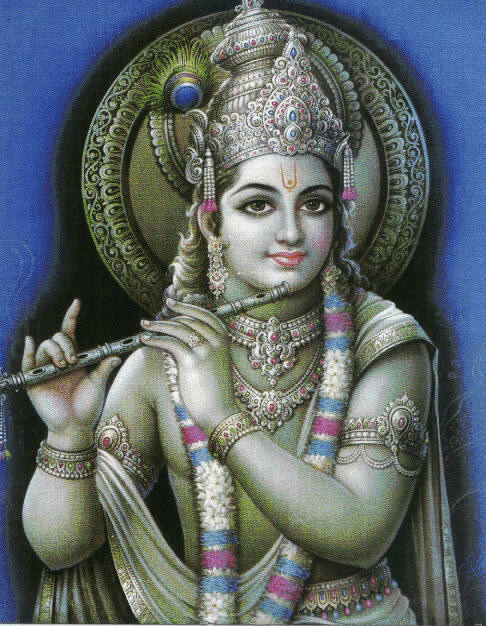 |
Thursday morning June 9th.
On Krishna:
“the most perfect of the avatars.” And a wonderful picture followed, of the charioteer who reined in his horses, while he surveyed the field of battle and in one brief glance noted the disposition of the forces, at the same moment that he commenced to utter to his royal pupil the deep spiritual truths of the Gita.
Vivekananda’s Astrological Chart
| Map of the Heavens, Planets, Astrological Chart, Horoscope Swami VIVEKANANDA, born January 12, 1863 at 6:33 AM in Calcutta (Inde) Sun in 21°22 Capricorn, AS in 18°06 Capricorn, Moon in 9°24 Libra, MC in 1°32 Scorpio
(Astrological chart as prepared by http://www.astrotheme.fr/en/portraits/5P395UpBHYNf.htm) The future Swami Vivekananda was born on Monday, January 12, 1863. Vivekananda’s blessings
Vivekananda’s blessings – as recorded in various letters, lectures and elsewhere…. VIVEKANANDA’S DEATH: JULY 4, was the aphelion for the earth in 1902
Was it a coincedence that Vivekananda’s Mahasamadhi occurred on this date? |


